Netflix’s ‘We Couldn’t Become Adults’ is a romantic drama that focuses on a 46-year-old graphic designer named Sato Makoto who lives and works in Tokyo. Exhausted by his job and unable to find meaning in relationships and everyday pursuits, Sato often reminisces about his past. When he receives a friend request from an ex-lover, Sato begins a journey of reexamining his youth and rediscovering his present self.
Directed by Yoshihiro Mori, the Japanese-language film explores how the past shapes the present and how heartbreak resists change. It beautifully portrays the jadedness of adulthood and the complexities of human relationships. If you’re looking for an explanation about the ending of ‘We Couldn’t Become Adults,’ then you’ve come to the right place. Let’s dive right in and take a closer look at this film. SPOILERS AHEAD.
We Couldn’t Become Adults Plot Synopsis
The film opens with Sato and his friend Nanase collapsing onto a pile of garbage on the streets of Tokyo. Nanase laments about the “trash” nature of people. Sato thinks about the last time he saw his first love, Kaori. After this point, the film begins to trace Sato’s life backward.
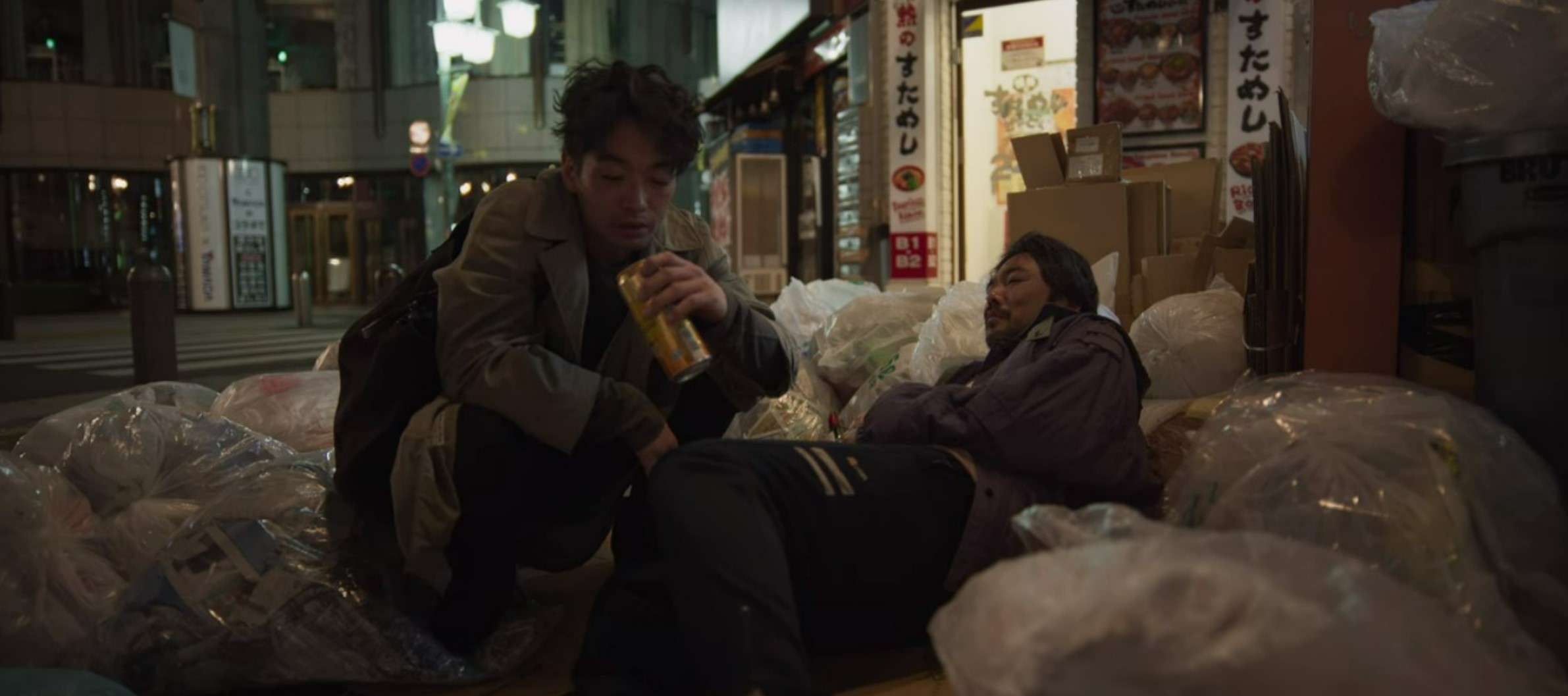
The year is 2015 and we see an uninterested Sato leaving a work party and taking a dancer/porn star home with him. Later, Sato checks his phone and notices a friend request from Kaori. Upon scrolling through her profile, he finds out that she has a husband and a child. The next day, Sato’s girlfriend, Megumi, breaks up with him and moves out.
In 2011, we see a horribly overworked Sato rushing to meet Megumi and her mother for lunch. However, he departs almost instantaneously to get back to the office. He assures Megumi that even though he thinks the concept of marriage is ordinary, he intends to work things out with her.

In 2008, Sato’s friend and coworker Sekiguchi quits his job at the graphic design company, deciding to shift careers and get married to his pregnant girlfriend. He advises Sato to ditch his job and write a novel instead. In 2000, we see Sato trying and failing to write a novel about his ex-girlfriend. Dragged to a party by his friends, Sato ends up bonding with a waitress/bartender named Su. After a while, it is revealed that Su is a sex worker employed by one of Sato’s company’s clients, Sanai. However, Sato and Su connect emotionally and physically. Later, it is revealed Sanai has been arrested for illegal activities. The building Su lives in is shut down and her number becomes unavailable.
On New Year’s Eve in 1999, Sato and Kaori spend time in their usual spot — a star-ceilinged hotel room. Sato asks Kaori if she would like to move in with him. However, Kaori rejects his idea. In the year 1998, Sato receives a Taj Mahal postcard from Kaori, who’s visiting India. Later, he recognizes the face of a mobster named Toru Miyajima on the news. As Sato departs from the office, his boss asks him why he doesn’t marry his girlfriend. Sato brusquely explains that she isn’t interested in anything ordinary.
We Couldn’t Become Adults Ending: Where Does Present-Day Sato End Up?
In the year 1997, Sekiguchi encourages Sato to take a day off in order to go on an impromptu drive with Kaori. In 1996, we see that Miyajima helps Sato after a road accident. Later, Kaori asks Sato to write a novel and value his own thoughts. In 1995, we see how Sato and Kaori go from being pen pals to lovers. They visit the star-ceilinged room to make love for the first time.
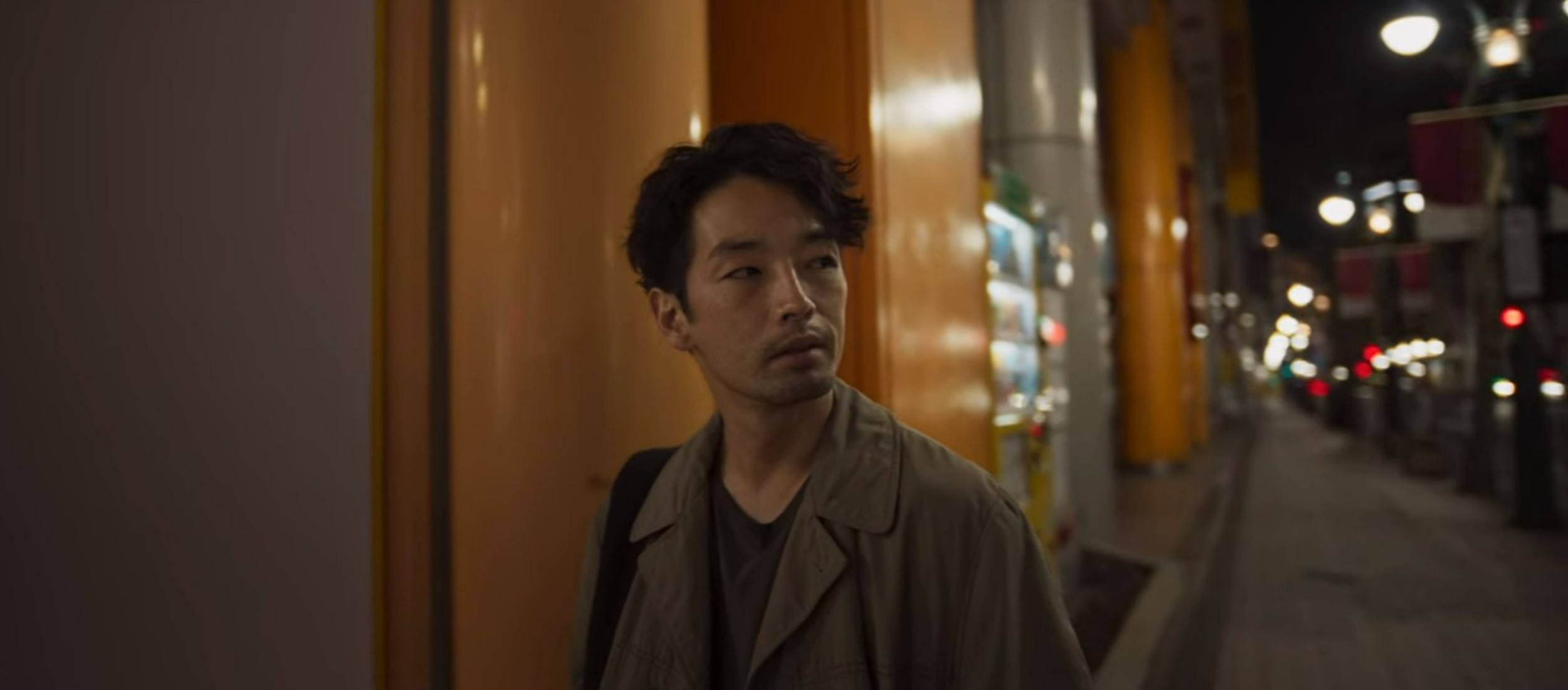
Finally shifting to the present-day, in 2020, Sato runs into his old friend Nanase. They trade stories about lost dreams and broken relationships. Sato informs Nanase that Sekiguchi has a successful e-learning business but is divorced. Afterward, Sato walks through Tokyo alone, revisiting all the places he used to frequent with his lovers and friends.
Sato realizes that he has been stuck in the past throughout his life. It also occurs to him that all of his friends and ex-lovers are suffering as adults and that their issues often intersect. Sato begins to see the similarities in their stories. He comes to the conclusion that even Kaori is ordinary after all. Knowing that he and his friends couldn’t become emotionally strong and responsible adults, Sato finally confronts the truth about his identity and self-loathing.
After this moment of epiphany, Sato seems more hopeful. He is aware that he cannot continue to dwell on the sorrows of his past and instead must embrace the present. Additionally, he becomes more empathetic, being able to understand the motives behind the actions of those who hurt him. It is likely that Sato will abandon his current lifestyle and embrace something more fulfilling, perhaps by writing a novel.
Why Does Sato Have a Problem With All That is Ordinary?
Sato’s relationship with Kaori is a breath of fresh air. However, it also convinces Sato that the only meaning in life lies in unique and unconventional personas, concepts, and pursuits. Thus, like Kaori, Sato begins to despise everything ordinary, established, and conventional — from everyday fashion to institutions like marriage. Although he tries to bring up the idea of a live-in relationship with Kaori, she immediately balks at it due to its mainstream nature. Clearly, Sato desires a regular relationship but is afraid of losing Kaori because of it. Nevertheless, even after Kaori disappears from his life, Sato continues to hold on to her by holding on to her worldview.
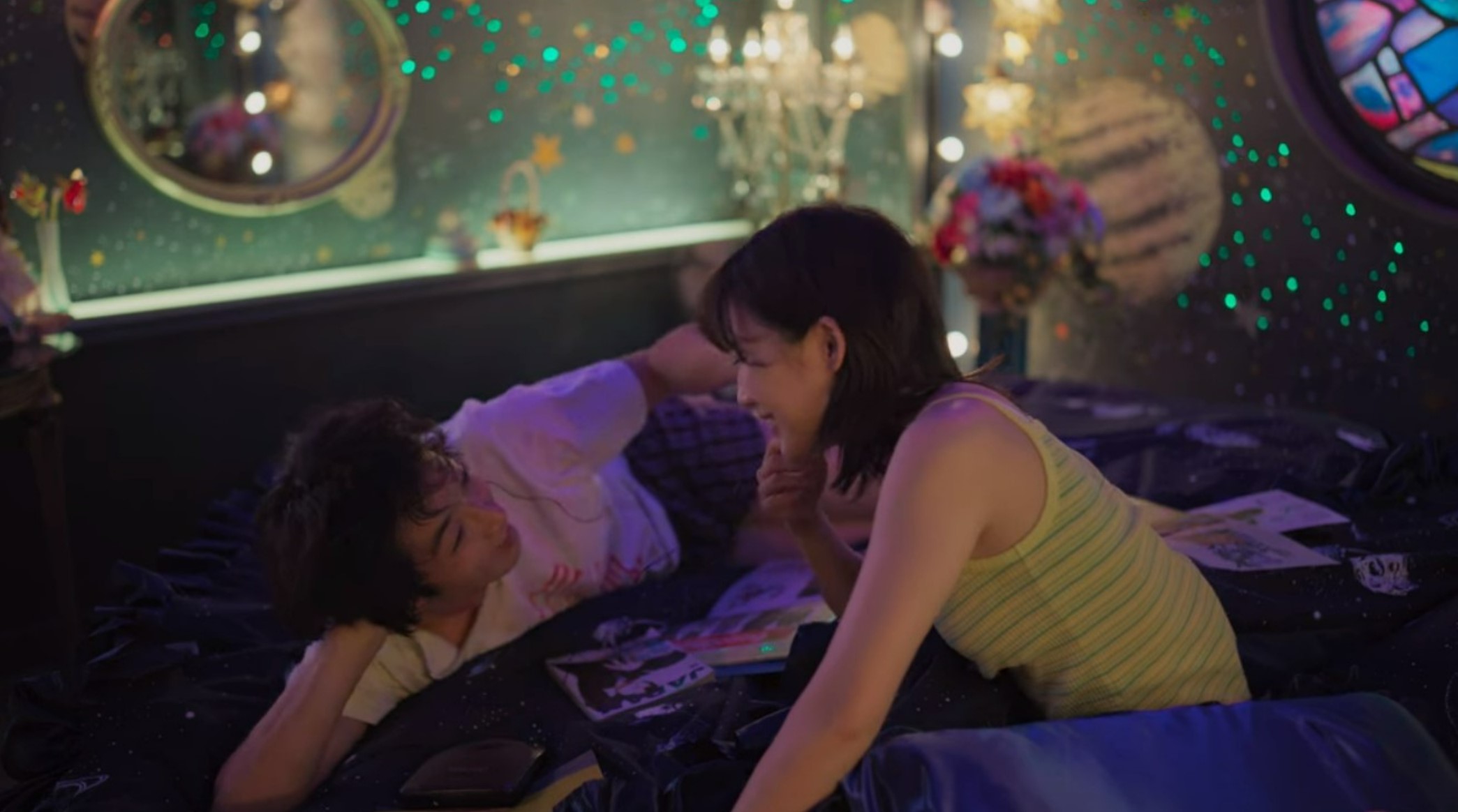
He excels at his job (that she helped him find) by overworking, trying to desperately rise above what’s mainstream. He rejects invitations to group activities due to them not being atypical. He lets go of those who love him because they are not different enough. Thus, Sato has a problem with everything ordinary because he cannot bear to forget his extraordinary first love and genuine days of happiness.
What Happens to Sato’s Ex-Lovers — Kaori, Su, and Megumi?
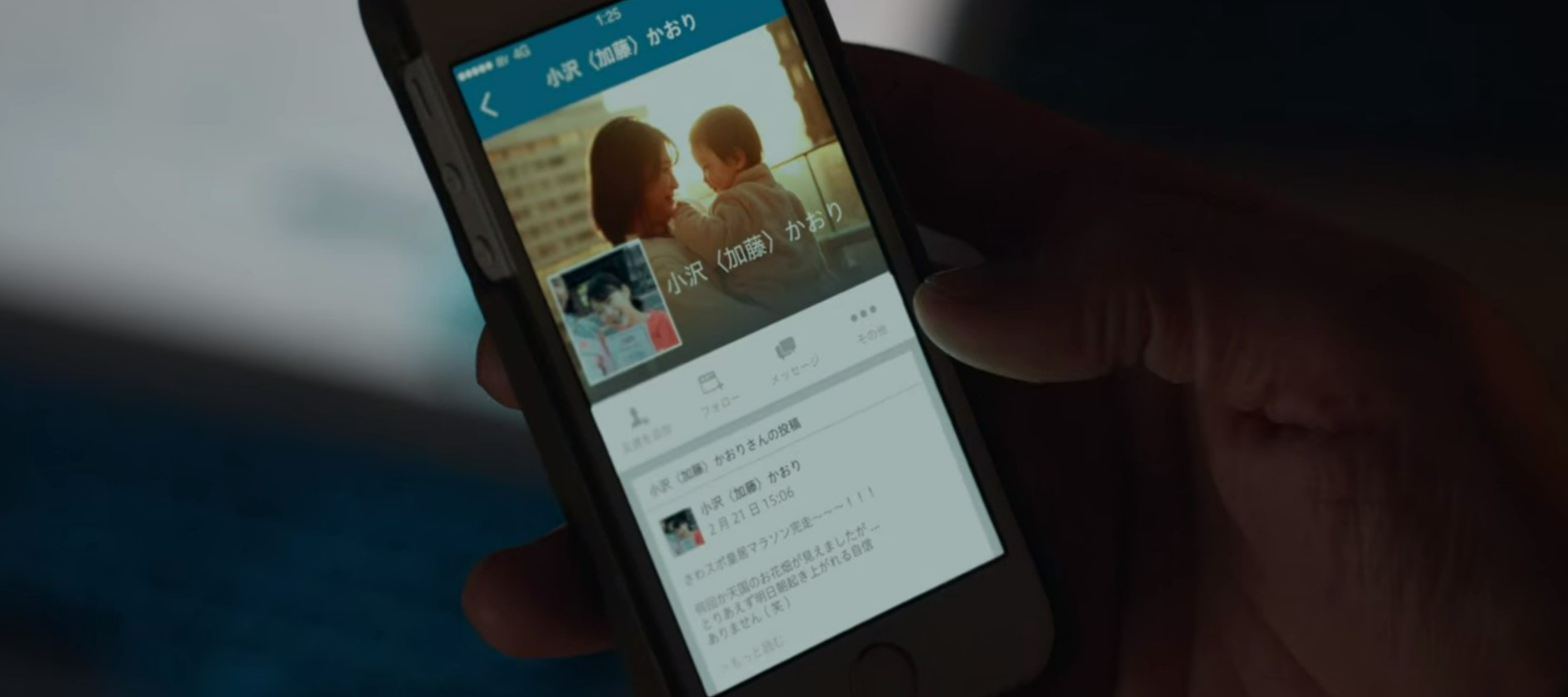
When Sato goes through Kaori’s Facebook feed, he discovers that she has happily settled into domestic life with a husband and child. This shocks him into the realization that Kaori too has become, or had always been, ordinary. Kaori avoided a conventional relationship with Sato during their youth and left him without any explanation. Understandably, Sato feels hurt when he sees Kaori living the very life she refused to have with him. Additionally, Sato seems disturbed by the nonchalance with which Kaori reaches out to him on social media.
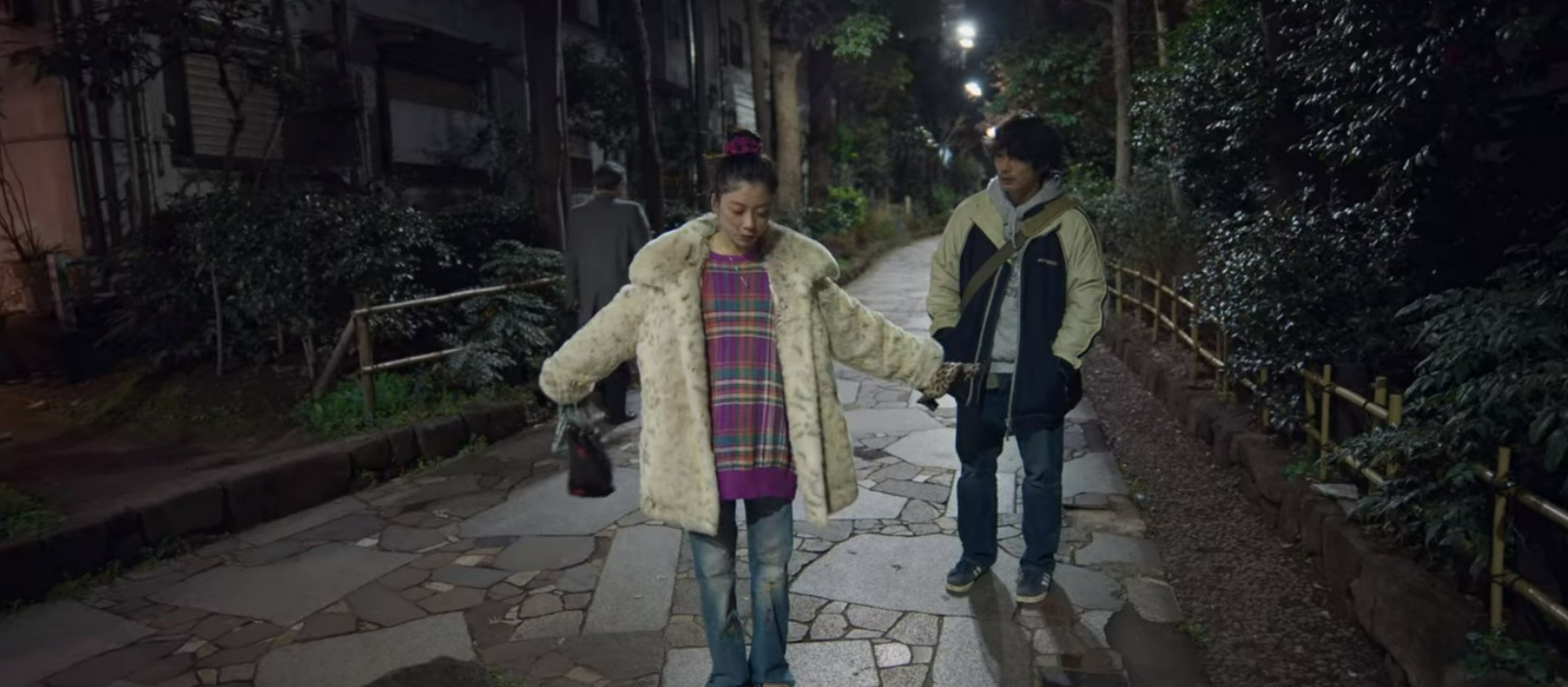
Sato bonds with Su whilst combating the heartbreak of losing Kaori. Sato is willing to open up emotionally to her and does not judge her for her profession. Su too finds Sato’s caring nature to be comforting. The two share similar views about life and its many pitfalls as well. However, after the arrest of Sanai, Sato is unable to reach out to Su as her number no longer exists. It seems as though the police must have rounded up Su and all the other girls illegally working for Sanai. Unable to safely contact Sato, Su must have moved on from their relationship.
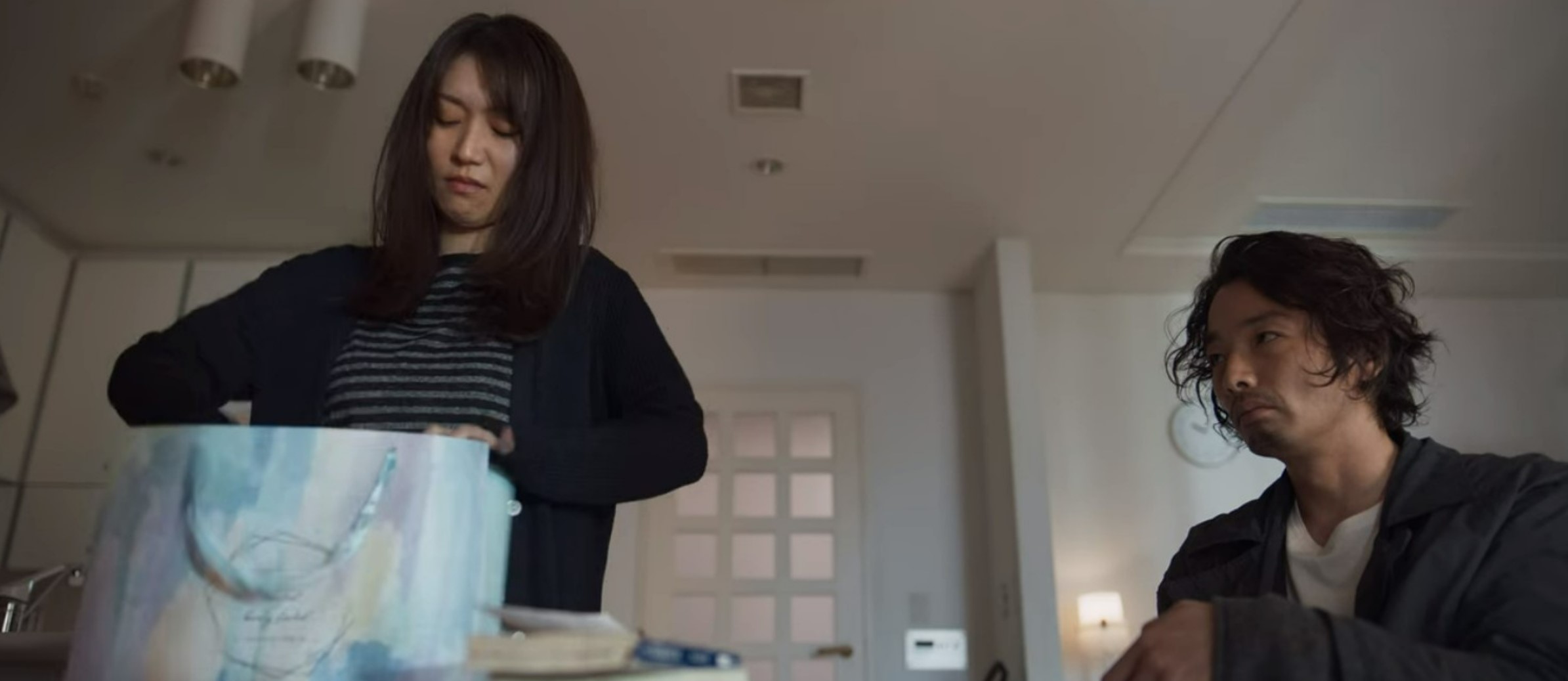
On the other hand, Megumi leaves Sato as she cannot continue to bear the uncertainty that plagues their romance. Despite his vague promises about potential future marriage, Megumi is aware that Sato will always choose work and his own personal ideologies over her. This is seen especially when Sato doesn’t prioritize meeting her mother. Additionally, we know that Sato cheated on Megumi with the dancer from the party. Thus, it’s unsurprising that Megumi decides to do what’s best for her and moves out of Sato’s house.
Read More: Is We Couldn’t Become Adults Based on a True Story?


You must be logged in to post a comment.